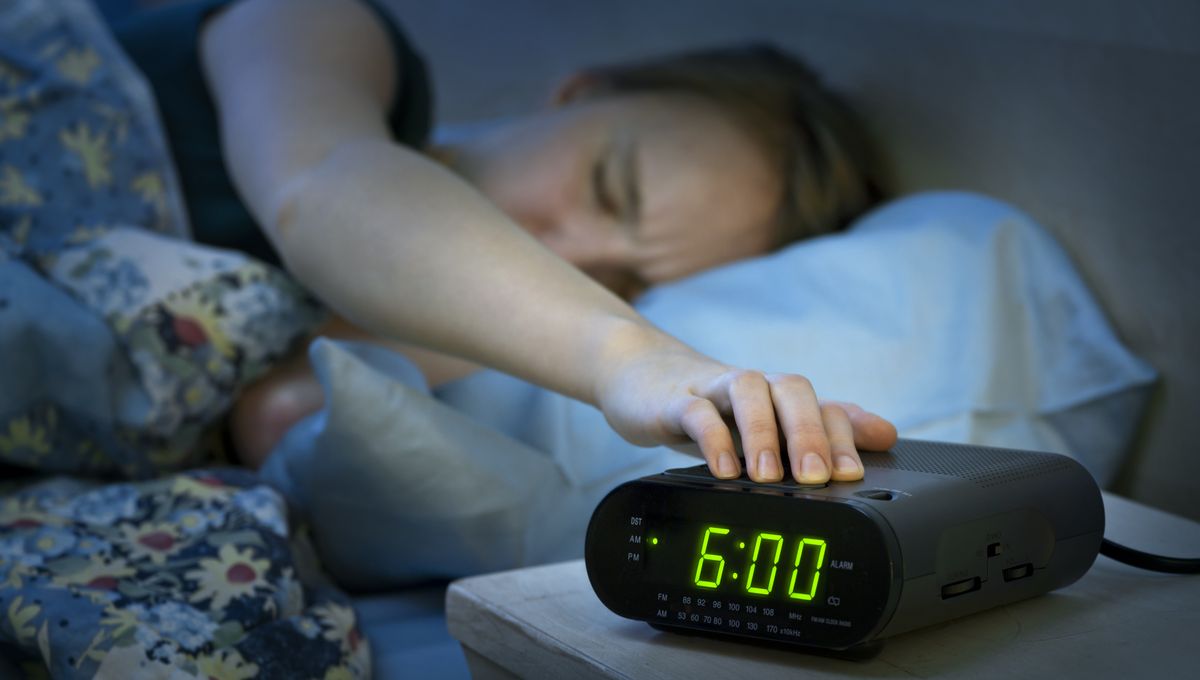
It’s a daily battle each time we’re rudely awoken by our alarms – do we drag ourselves out of bed, or do we hit snooze and remain a cozy little cinnamon bun for another 5 (let’s be honest, more like 25) minutes? It’s easy to feel guilty for the latter – but according to new research, making good use of the snooze button can actually be beneficial for some people.
A team of researchers carried out two studies examining snoozing behavior and its effect on people. The first involved a survey that centered on sleep and waking habits: how many people snoozed, what were the characteristics of these people, and why did they choose to do it?
Out of the 1,732 adults who responded to the survey, 69 percent reported that they used the snooze button or set multiple alarms at least “sometimes”; they delayed getting up by an average of 22 minutes, although the longest reported time was a hefty 180 minutes. These people tended to be younger than non-snoozers and were also more likely to be “evening types”.
Of the survey’s snoozers, 71 percent stated that they generally did so on workdays, and when it came to the reasons behind pressing snooze, the most common responses were that they felt tired, it felt good to do so, or they wanted to wake up more gently – it’s hard to find fault with that.
With the reasons for snoozing established, the next step was to determine the effects. This second study required 31 habitual snoozers to provide a saliva sample for hormone testing and to perform a series of cognitive tests after getting up, assessing abilities such as processing speed and memory. Participants were also asked to rate their sleepiness and mood after the tests, at lunchtime, and in the afternoon.
And here’s the result snoozing fans were waiting for; 30 minutes of snoozing either didn’t affect people’s cognitive performance, or it actually improved it. The effects of snoozing on stress hormone levels, mood, and sleepiness were not clear. Nevertheless, in terms of the ability to say, snooze for half an hour, roll straight out of bed to work, and still perform well, it seems snoozers may be on to a winner.
“The findings indicate that there is no reason to stop snoozing in the morning if you enjoy it, at least not for snooze times around 30 minutes. In fact, it may even help those with morning drowsiness to be slightly more awake once they get up,” said study author Tina Sundelin in a statement.
So next time you’re tempted to smack that snooze button, you can do so safe in the knowledge that science says it’s probably fine – at least for half an hour, anyway.
The study is published in the Journal of Sleep Research.
Source Link: Hitting The Snooze Button Isn’t As Bad As You Might Think